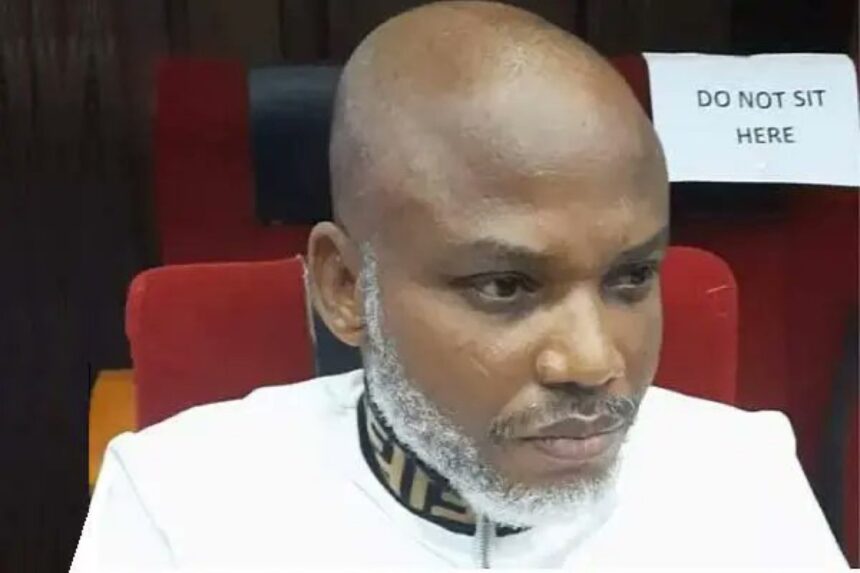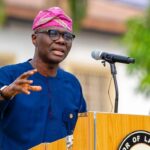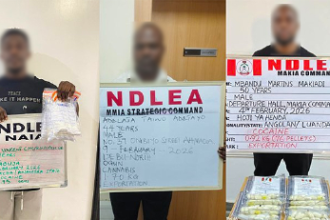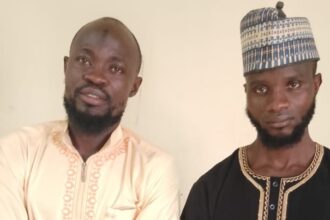Trial judge James Omotosho, who convicted Kanu on all seven charges, said the gravity of the offences and the convict’s lack of remorse warranted a death sentence, but he opted for mercy based on scriptural guidance. Drawing on Matthew 22:23, the judge commuted the punishment to life imprisonment for counts 1, 4, 5, and 6.
Kanu was also sentenced to 20 years for count 3 and five years for count 7, with all sentences set to run concurrently. He was ordered to be kept in protective custody and denied access to digital devices, which were used in the commission of his offences. The court also ordered the forfeiture of a radio transmitter Kanu allegedly smuggled into Nigeria in 2015.
During the five-hour judgment, Judge Omotosho noted that Kanu failed to enter a defence, leaving the prosecution’s evidence unchallenged. The judge described Kanu’s conduct as arrogant, aggressive, and unremorseful, and highlighted his role in issuing violent online broadcasts, enforcing illegal stay-at-home orders, and inciting attacks on security personnel, government facilities, and the public.
Omotosho emphasized that the right to self-determination does not justify acts of anarchy. He said Kanu turned himself into a tyrant, endangering lives in the South-east region. The judge also recounted Kanu’s unruly behaviour throughout the trial, including refusing to allow the court to proceed on Thursday, which required the State Security Service to remove him from the courtroom temporarily.
Among the offences for which Kanu was convicted were terrorism, incitement of violence, teaching followers how to make improvised explosives, and illegal importation of a Tram 50L radio transmitter. He was also convicted of membership in the proscribed Independent People of Biafra (IPOB) and sentenced to 20 years for that offence.
Before sentencing, Kanu’s constituency representative in the House of Representatives, Obi Aguocha, asked for leniency, describing Kanu as a friend and former schoolmate. The prosecution, represented by Senior Advocate Adegboyega Awomolo, called for the death penalty for five of the seven counts, stating that the law under the Terrorism Prevention Amendment Act 2013 mandated such a sentence.
The charges stemmed from Kanu’s violent campaigns for the independence of Nigeria’s South-east region. Despite denying wrongdoing, Kanu did not present a defence, leading the court to convict and sentence him accordingly. Source: https://www.premiumtimesng.com/











